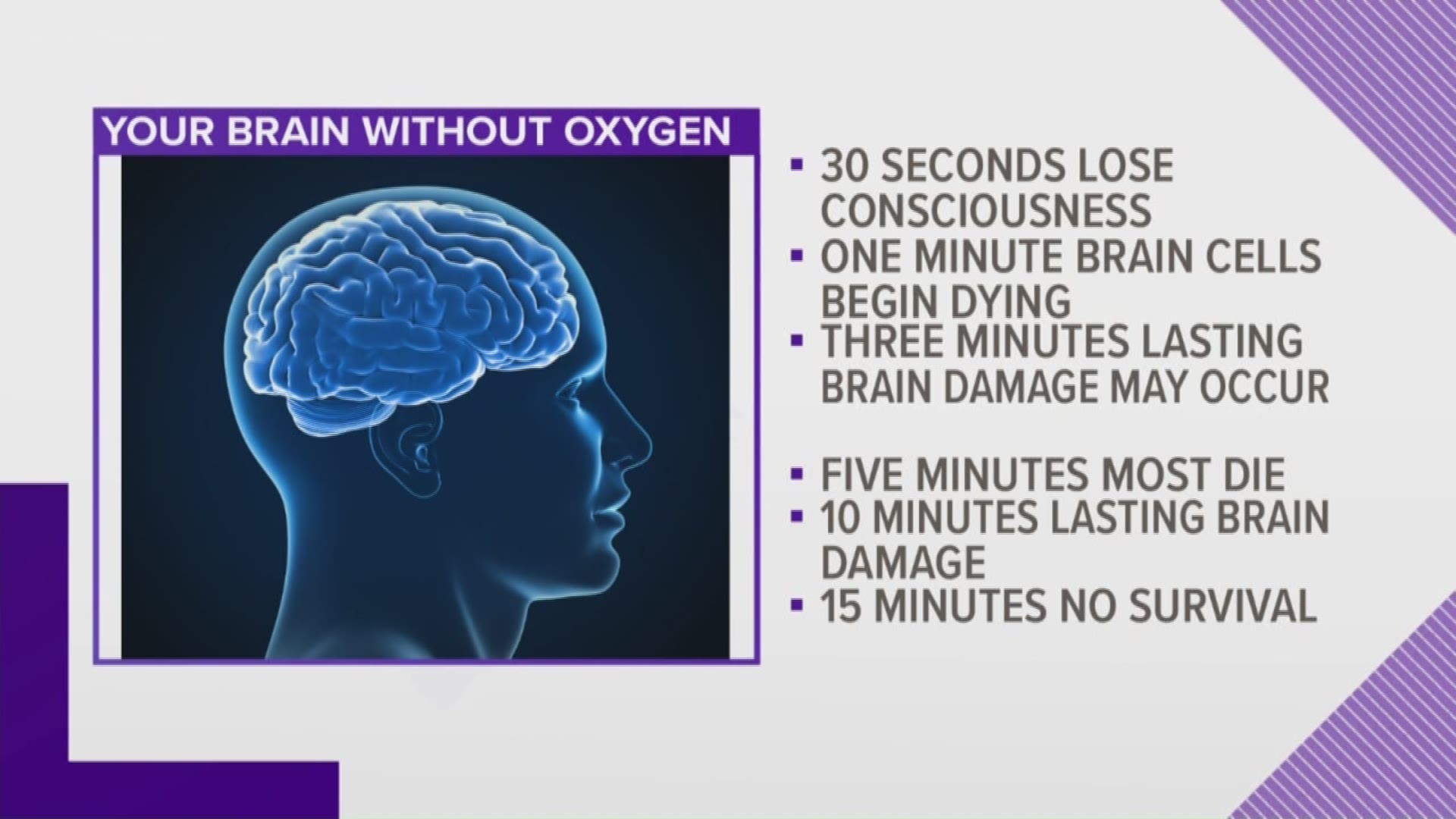Your brain can survive for five to 10 minutes without oxygen

Your Brain Can Survive for Five to 10 Minutes Without Oxygen

The human brain, with its intricate network of neurons and synapses, is the control center of our body and is essential for our survival. It constantly requires a steady supply of oxygen to perform its functions effectively. However, an intriguing fact is that the brain has the ability to survive without oxygen for a remarkably brief period of time - approximately five to 10 minutes.
When oxygen supply is cut off, the brain enters a state of distress. The brain cells, known as neurons, rely heavily on oxygen to produce the energy required for their normal functioning through a process called cellular respiration. Without a steady supply of oxygen, this energy production comes to a halt, leading to a rapid deterioration of brain function.

Lack of oxygen, also known as hypoxia, triggers a cascade of events within the brain. Initially, the brain tries to adapt by increasing blood flow to deliver more oxygen. However, if the deprivation continues, the brain initiates a protective mechanism called anaerobic metabolism. During anaerobic metabolism, brain cells switch from using oxygen to generate energy to an alternate method that does not require oxygen. While this process can sustain the brain for a short period, it is much less efficient, resulting in the production of harmful by-products.
As time passes without adequate oxygen supply, the brain’s function becomes significantly impaired. Consciousness quickly fades, leading to disorientation and confusion. Coordinated movements deteriorate, and fine motor skills diminish. Memory, speech, and sensory perception are also adversely affected. Furthermore, extended or complete lack of oxygen can lead to irreversible brain damage or even death.
To prevent brain damage due to oxygen deprivation, immediate medical intervention is crucial. The restoration of oxygen supply, either through mouth-to-mouth resuscitation or oxygen masks, can significantly increase the chances of survival and minimize potential damage. Once oxygen is reintroduced to the brain, normal cellular respiration resumes, and brain cells can regain their ability to function optimally.
In conclusion, the brain is an incredible organ that possesses the ability to survive without oxygen for a surprisingly brief period - roughly five to 10 minutes. However, it is vital to note that any prolonged oxygen deprivation can have severe consequences for brain function. Immediate and effective medical intervention is crucial to ensuring the brain’s survival and minimizing potential damage.
Tags
Share
Related Posts
Quick Links
Legal Stuff

